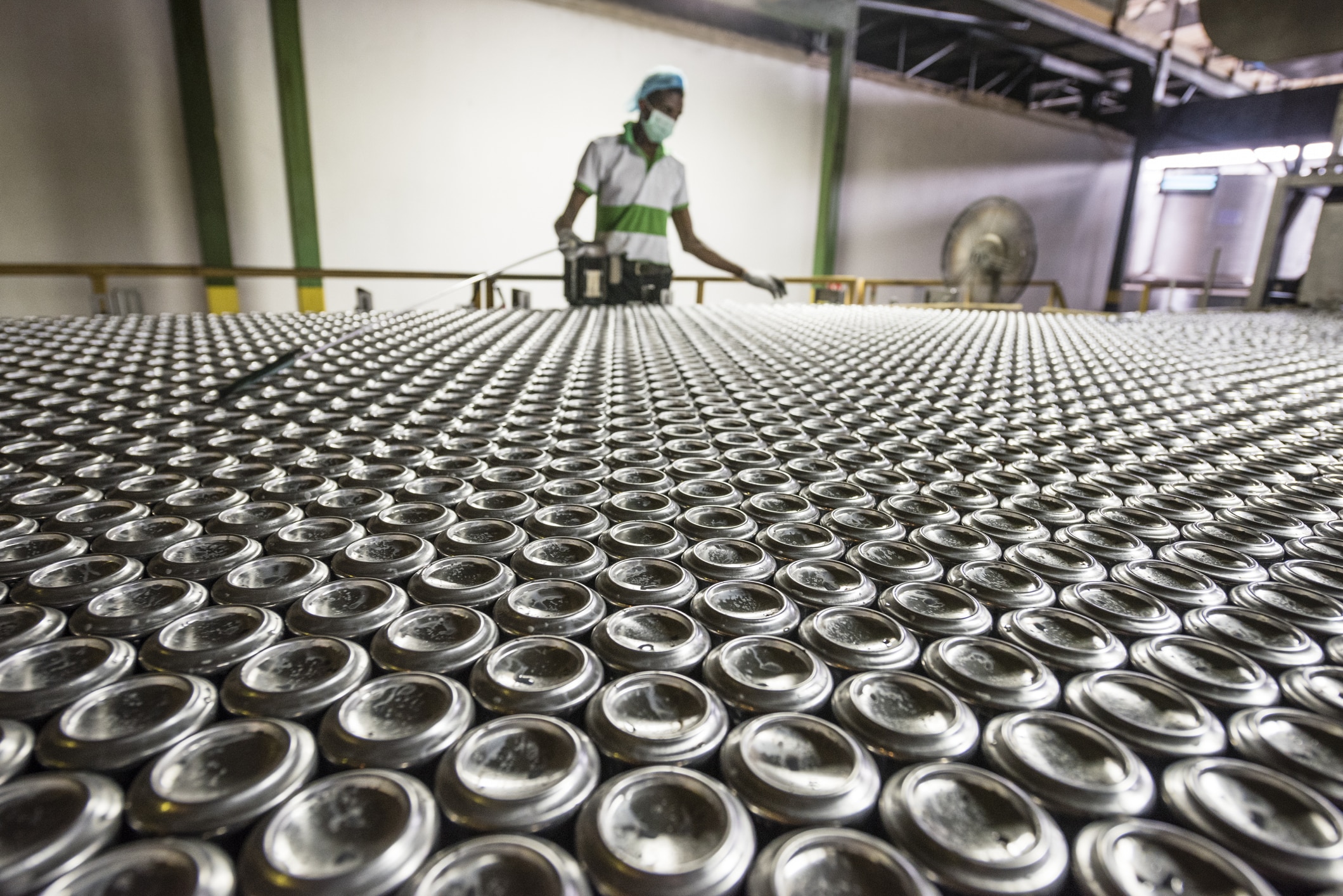Manufacturing job losses spike to 108.7% in Nigeria. Analysts call for urgent policy reforms.
The Manufacturers Association of Nigeria (MAN) has reported a 108.7% increase in job losses within the manufacturing sector for the first half of the year in Africa’s biggest economy, marking the highest point in three years.
In comparison to the same period in 2022, the number surged from 1,709 to 3,567. This trend follows a 31.7% rise in job losses during the second half of the previous year, totaling 2,708.
This comes as the International Monetary Fund (IMF) revised Nigeria’s economic growth forecast down to 2.9% from the initially projected 3.2% in April. Major contributors to this downturn include demonetization effects, high inflationary pressures, and shocks in agriculture and hydrocarbons. The IMF’s World Economic Outlook underscores the challenges facing Nigeria.
MAN’s latest half-yearly review report attributes the decline in job creation to “an unfriendly business environment, primarily influenced by hastily implemented policies. The residual effects of the currency redesign policy, leading to a naira crunch, further compound the challenges faced by the manufacturing sector.”
Loading...
The report emphasizes the urgent need for a reevaluation of these policies to stimulate job growth and ensure economic stability.
Despite the gloomy outlook, there is a glimmer of hope as the IMF suggests a potential moderation to 3.1% growth in 2024.
President Bola Tinubu’s administration’s recent reforms, including energy subsidy removal and the unification of exchange rates, are acknowledged as positive steps. The IMF expresses optimism that these measures could contribute to an upward trajectory in growth, offering a silver lining amidst the prevailing economic challenges.
The call for decisive and positive policy changes resonates with analysts as stakeholders grapple with the challenges in Nigeria’s manufacturing sector and the broader economy.
In response to these developments, Nigerian analyst Damilare Asiwaju expresses deep concern about the economic implications, emphasizing the inevitable consequences.
“It was bound to happen, the shutting down of big industries and Micro, Small, and Medium Enterprises (MSMEs). The cost of doing business under these current economic realities is unimaginable. If it is not a total shutdown, then downsizing,” Asiwaju remarks to FORBES AFRICA.
He laments the potential repercussions of the decline in MSMEs, underscoring their substantial contribution to the country’s Gross Domestic Product (GDP). “Sadly, with MSMEs being a significant contributor to our GDP, we might be in for more trouble,” he warns.
Asiwaju does not shy away from pointing fingers at both the previous and current administrations, accusing them of failure to implement business-friendly policies. “The previous government failed to promote and establish policies that make running a business in Nigeria easy and seamless, and this current administration has continued in that path.”
Expressing urgency, Asiwaju concludes with a stark prediction for the future: “If there isn’t a drastic turnaround in terms of policies, we might be heading into something more terrible than this.”
Also responding to the issues, business analyst Liadi Oluwaseyi Jimoh tells FORBES AFRICA: “The increase in job losses is alarming and underscores the challenges facing the manufacturing industry in Nigeria. This could have far-reaching implications for our economy.”
Jimoh highlights the multifaceted nature of the challenges.
“Various factors such as economic downturns, weak market demand, production costs, poor infrastructure, and global supply chain disruptions contribute to the challenges faced by the manufacturing sector.
“The consequences of these job losses extend beyond the sector itself,” he continues. “Unemployment can lead to income inequality, poverty, and social unrest, hindering overall development.”
Jimoh acknowledges the downgrade of Nigeria’s growth prospects, stating, “This further intensifies the challenges. A lower growth rate means slower economic expansion, impacting job creation and investment opportunities. Policy interventions and structural reforms are urgently needed.”
Providing insights into potential solutions, Jimoh emphasizes, “Creating a favorable business climate, investing in critical infrastructure, promoting vocational training, facilitating access to financing, encouraging diversification, and improving trade facilitation are key areas for policymakers to focus on.
“Addressing these areas and implementing appropriate policies is crucial for revitalizing Nigeria’s manufacturing sector, generating employment, and fostering sustainable economic growth.”
Loading...
